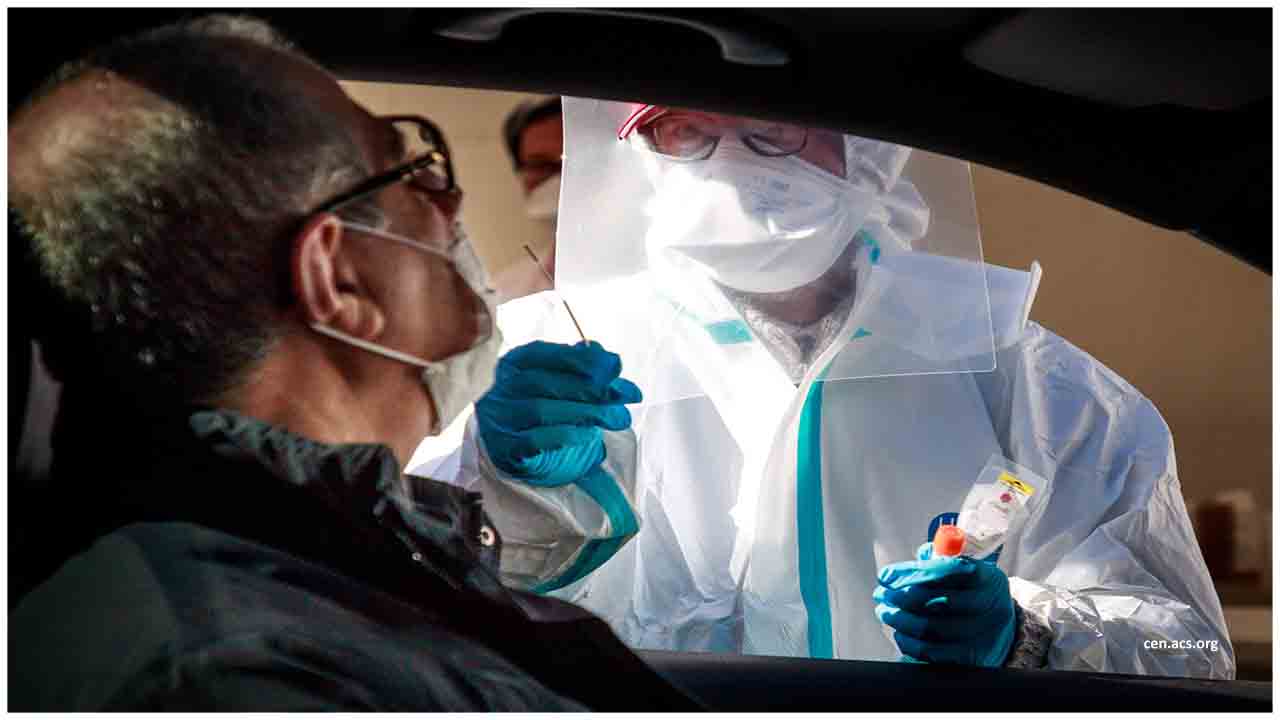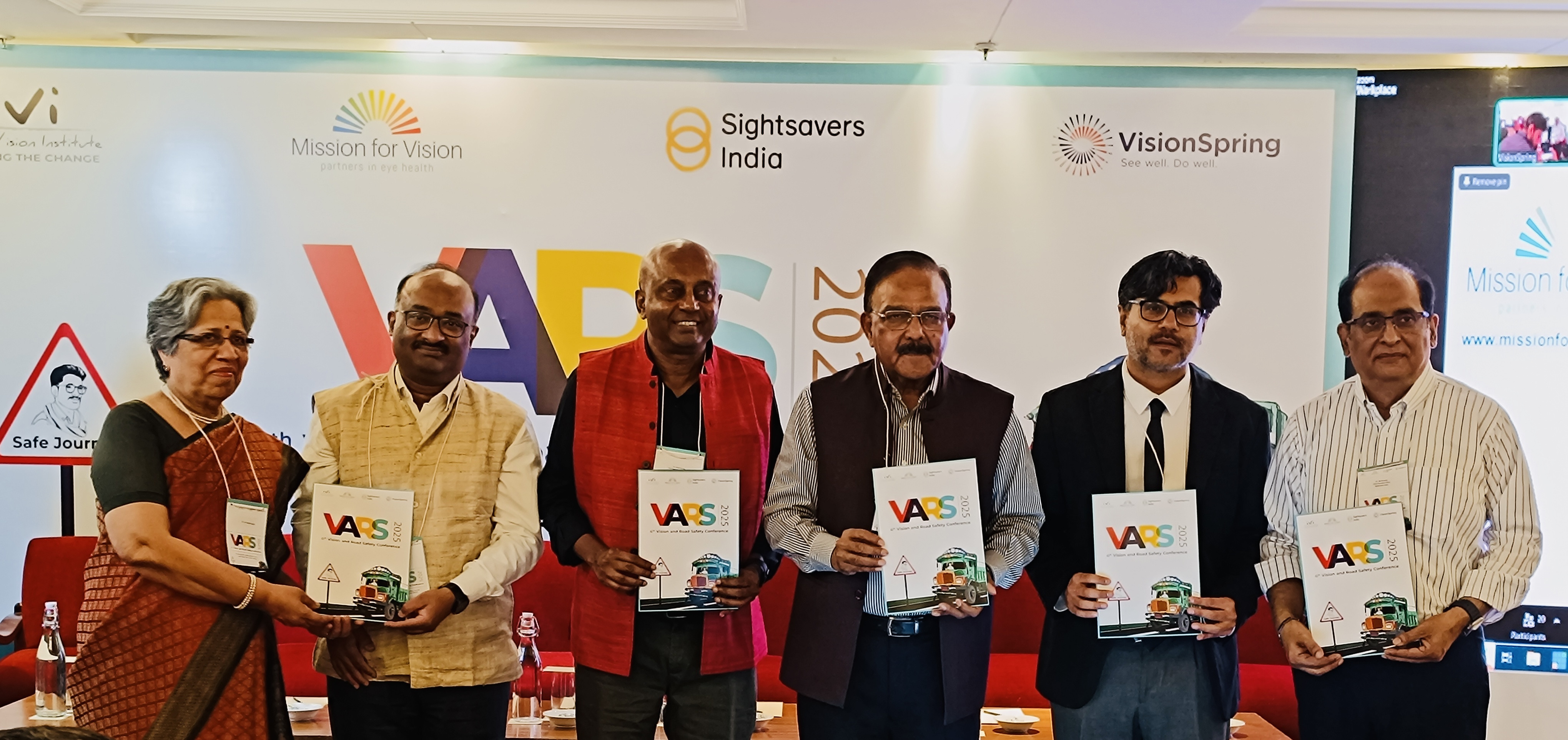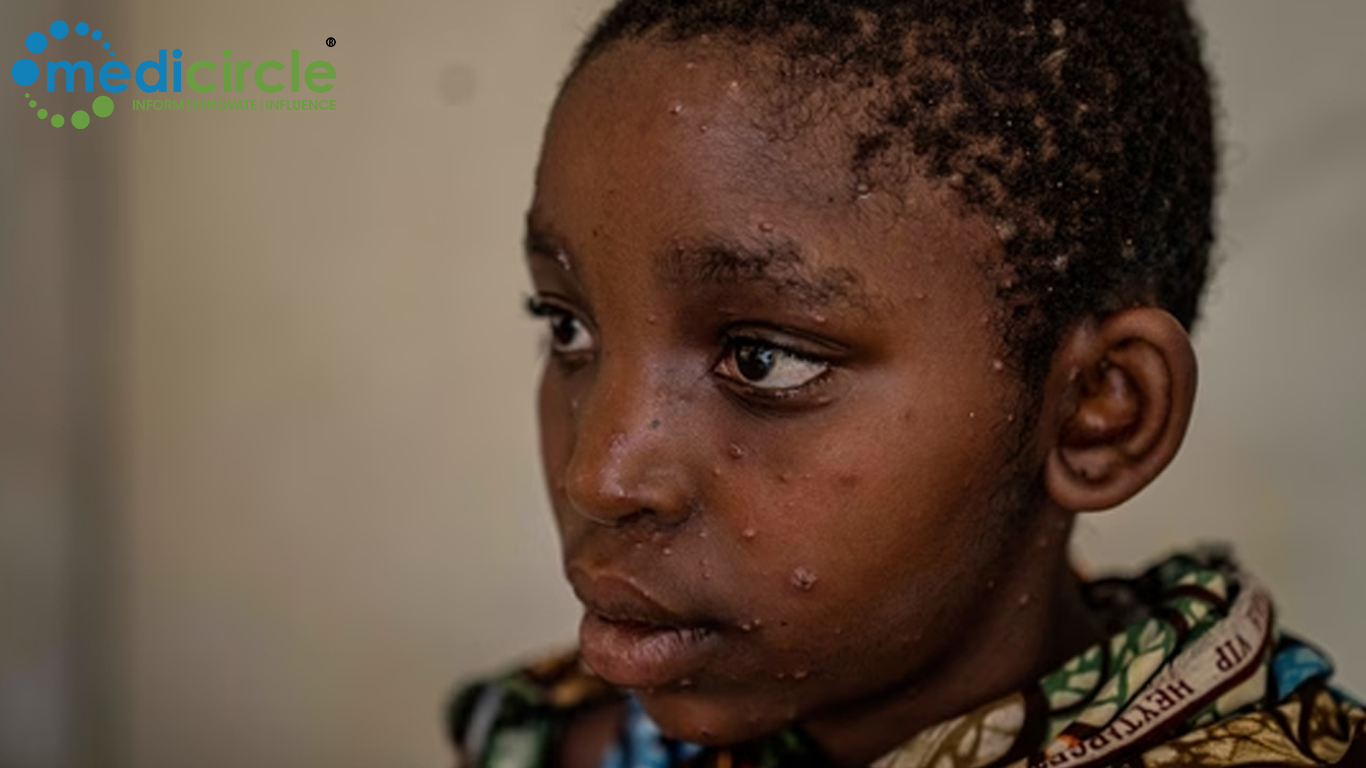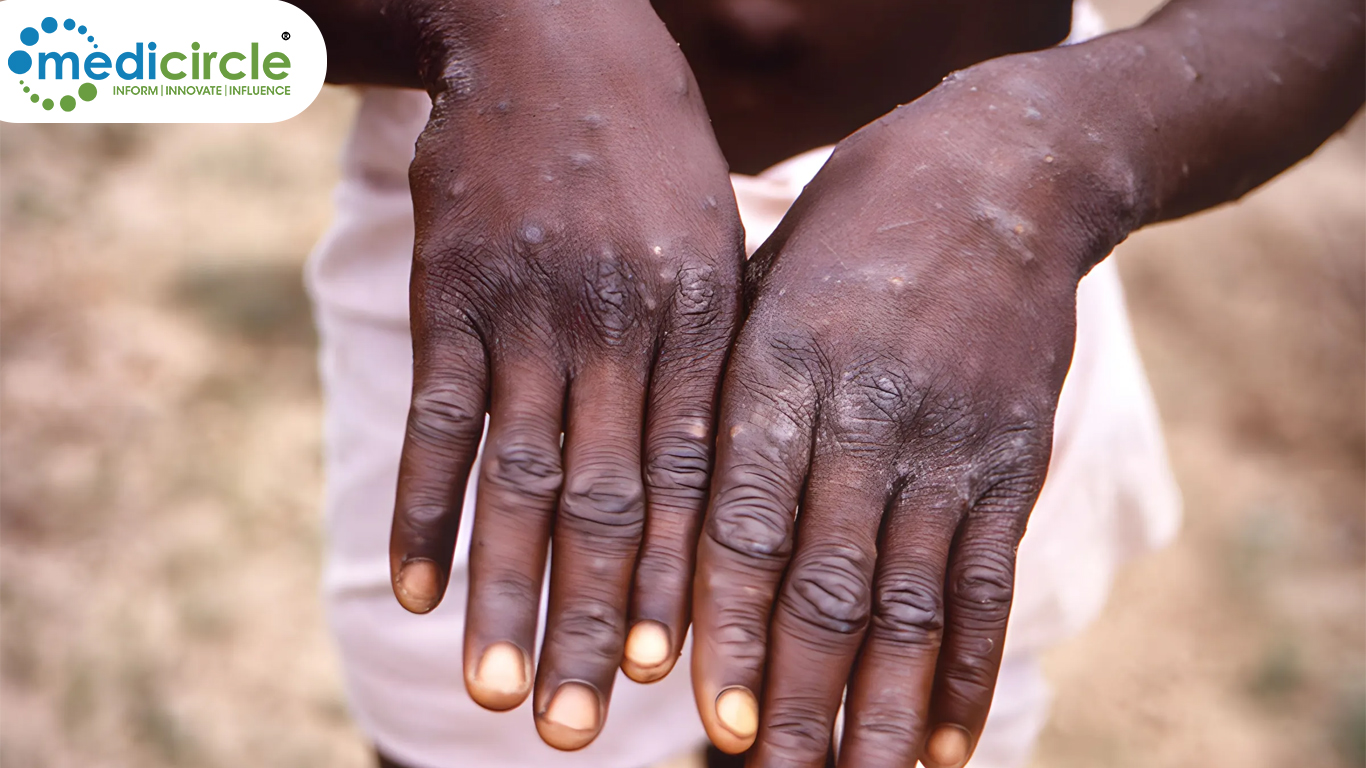The United Kingdom's COVID-19 authority demise check has reached almost 43,000, underlining the nation's status as the most exceedingly terrible hit in Europe and bringing up more issues about Prime Minister Boris Johnson's treatment of the emergency.
New official figures for England and Wales brought the demise check to at any rate 42,990, a Reuters count appeared, which incorporates recently distributed information from Scotland and Northern Ireland, too ongoing clinic deaths in England.
Tuesday's information from the Office for National Statistics likewise painted a dismal picture in care homes, which have been particularly hard hit by the infection that has killed in excess of 3,17,700 around the world.
The demise includes in care homes over the United Kingdom outperformed 10,000 as of May 8, the information appeared.
While various methods of checking make examinations with different nations troublesome, the figure affirmed Britain was among those hit most exceedingly terrible by the pandemic.
Such a high UK death tally presses Boris Johnson. Resistance groups state he was too delayed to even think about imposing a lockdown, too delayed to even think about introducing mass testing and too delayed to even think about getting enough defensive hardware to clinics.

 The coronavirus death count in care homes across the United Kingdom surpassed 10,000 as of May 8, the data showed.
The coronavirus death count in care homes across the United Kingdom surpassed 10,000 as of May 8, the data showed.







.png)

.png)









.jpeg)



.jpg)




.jpg)





.jpeg)

.jpg)


